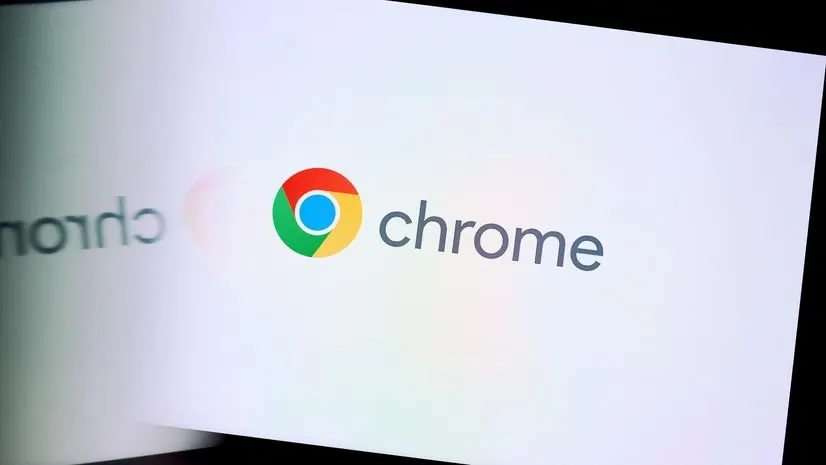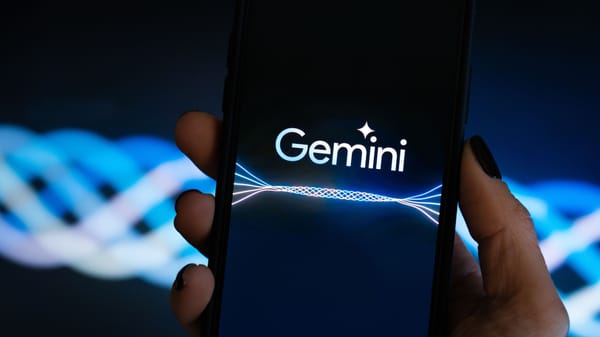Google Chrome Rolls Out Biggest AI Upgrade Yet with Gemini-Powered Features
Gemini can clarify complex information, summarise across multiple tabs, and even recall previously visited sites through natural language prompts.

Google has announced the largest update in Chrome’s history, introducing a suite of AI-powered features designed to make browsing smarter, safer, and more productive. The updates, unveiled on September 18, integrate Google’s Gemini AI across Chrome’s desktop and mobile platforms, marking a major shift in how users interact with the browser.
Mike Torres, VP of Product for Chrome, said the goal is to “better anticipate your needs, help you understand more complex information and make you more productive when you browse the web, all while keeping you safe.”
At the core of the update is Gemini in Chrome, now available to Mac and Windows desktop users in the U.S., with mobile integration on Android and iOS to follow. Gemini can clarify complex information, summarise across multiple tabs, and even recall previously visited sites through natural language prompts.
In the coming months, Gemini will also gain agentic capabilities, enabling it to perform repetitive online tasks — from booking appointments to ordering groceries — directly on behalf of users.
Chrome’s omnibox (address bar) is also being enhanced with AI Mode, allowing users to ask complex questions and receive in-depth responses without leaving their current page. Contextual suggestions and AI overviews will expand search capabilities further.
"From the beginning, we had clear goals for Chrome: simplicity, speed, and security. And now with AI, we have a chance to make the browser even safer, more intelligent and helpful," Alphabet CEO Sundar Pichai said.
On the security front, Chrome is extending its use of Gemini Nano to detect scams such as fake virus alerts and fraudulent giveaways. AI will also help block spammy notifications, refine site permission requests, and allow one-click password changes on supported sites like Spotify and H&M.
Together, these features reflect Google’s push to reimagine Chrome as more than a browser — positioning it as an AI-driven productivity and safety tool for the web.
According to testimony from OpenAI’s Head of Product for ChatGPT, Nick Turley, the San Francisco-based startup considered acquiring Google’s Chrome browser if U.S. antitrust regulators succeed in forcing the tech giant to divest the popular product.
Perplexity AI has launched Comet, an AI-powered browser it touts as a next-generation alternative to traditional browsers like Chrome, designed to overcome their limitations in the AI era.




